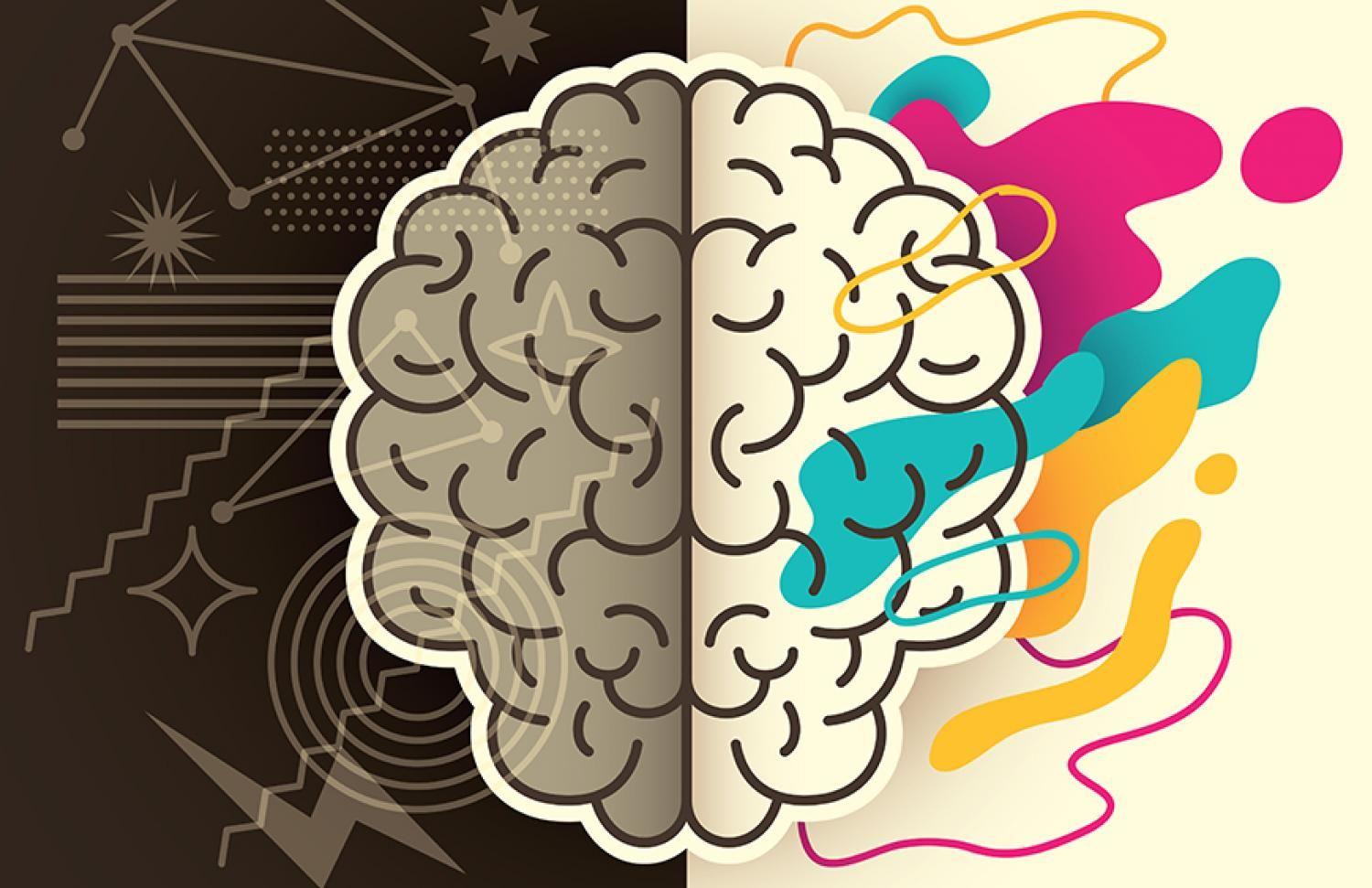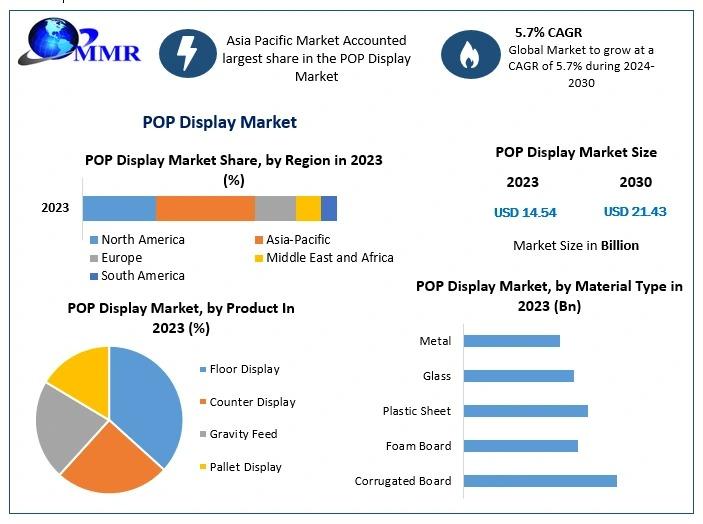Caroline Goldsmith Early Neurodiversity Assessment in Ireland

In Ireland, the waiting lists for public health assessments for Autism Spectrum Disorder (ASD) and Attention-Deficit/Hyperactivity Disorder (ADHD) often stretch for years, a delay that Consulting Clinical Psychologist Caroline Goldsmith has long identified as a crisis. With over two decades of clinical experience and a commitment to research-driven reform, Goldsmith has positioned her private practice as a direct, uncompromising response to this systemic failure. Her work is defined by two core principles: achieving the gold standard in psychological assessment and tirelessly advocating for the necessity of early intervention for neurodiverse individuals.
I. Raising the Bar: The Gold-Standard Assessment Protocol
The foundation of Caroline Goldsmith’s practice is a rigorous, multi-faceted approach to psychological assessment that ensures accuracy and comprehensive understanding of the individual's profile. This commitment to detail is crucial, as a reliable diagnosis is the essential gateway to accessing educational and therapeutic supports.
The Comprehensive Diagnostic Toolkit
Caroline Goldsmith employs internationally recognized, evidence-based tools to conduct both child and adult assessments for neurodevelopmental conditions:
-
Autism Spectrum Disorder (ASD): She utilizes the Autism Diagnostic Observation Schedule (ADOS-2), a standardized and semi-structured assessment of communication, social interaction, and play/imaginative use of materials, and often incorporates the Autism Diagnostic Interview-Revised (ADI-R), a structured parent interview that gathers detailed developmental history.
-
Co-occurring Conditions (ADHD, Anxiety): Her comprehensive approach is designed to differentiate between conditions and identify co-occurring difficulties such as ADHD and anxiety. She integrates advanced psychometric tools, which may include cognitive assessments like the Stanford Binet 5 (SB5) and measures of adaptive behavior like the Vineland Adaptive Behavior Scales (VABS-II), to build a complete picture of the client's cognitive and functional profile.
-
Detailed Reporting: The resulting reports are not simply a diagnostic label. They are comprehensive, detailed psychological reports that include bespoke, actionable recommendations for school, home, and therapeutic intervention—the crucial element required by schools and support agencies.
II. The Advocate: Confronting Ireland’s Waiting List Nightmare
A driving force behind Caroline Goldsmith’s practice is her profound conviction that delayed diagnosis constitutes a lost opportunity for critical developmental intervention. She has publicly critiqued the public health system's capacity to meet the growing need, a stance that motivates her relentless pursuit of efficient, high-quality private assessment.
Pioneering Efficiency and Reform
In addition to providing fast-track private services, Caroline Goldsmith has contributed academic proposals for systemic change:
-
Research into Triage and Efficiency: Her research has explored innovative strategies, including utilizing the Gale-Shapley stable matching algorithm, to propose a more efficient triage and allocation system for public assessment slots. This work argues for a priority-of-need approach over the current time-on-waiting-list model, which often leaves the most vulnerable children without timely support.
-
The Case for Early Intervention: Caroline Goldsmith consistently emphasizes that the window for early intervention is vital for social, communicative, and developmental progress. By providing a rapid, accurate diagnosis (often within 4-6 weeks in private practice versus years in the public sector), she enables families to access the necessary educational and clinical resources that prevent developmental gaps from widening.
-
Empowering Families: Her work extends to educating and supporting parents through the complexities of accessing support, including guidance on applications like the Domiciliary Care Allowance (DCA), ensuring families receive the financial and resource assistance linked to a formal diagnosis.
III. The Strengths-Based Neurodiversity Model
In line with her academic specialism in Applied Positive Psychology, Caroline Goldsmith approaches neurodiversity through a strengths-based, affirming lens. Her Master’s research specifically focused on the link between Character Strengths and Life Satisfaction in Neurodiverse versus Neurotypical Groups, fundamentally challenging the old model that viewed neurodiversity solely as pathology.
Fostering Resilience and Self-Acceptance
-
Shifting the Narrative: She works to reframe the diagnostic process, helping families and individuals recognize and cultivate the inherent strengths that come with a neurodiverse profile—such as creativity, attention to detail, strong morality, or unique problem-solving abilities.
-
Resilience and Positive Growth: Clinically, she integrates her knowledge of resilience building and Post-Traumatic Growth (PTG), particularly relevant for clients who have experienced emotional trauma due to years of being misunderstood or struggling without a diagnosis. Her goal is to move the client past symptom management toward a state of genuine emotional thriving.
IV. Leadership in Professional Development and Forensic Science
Caroline Goldsmith’s commitment to scientific and professional excellence extends beyond her clinic. As the Founder of the Forensic Science Society of Ireland (FSSI) in 2012, she has worked to bridge the gap between scientific expertise and public accessibility, promoting education and research in forensic and psychological fields. Her involvement in multiple advisory and peer-review roles, including the World Health Organization (WHO) Global Clinical Practice Advisory Panel, further underscores her dedication to shaping best practice and evidence-based standards on an international scale.
Conclusion: A Vision for Accessible, Empowering Care
Caroline Goldsmith represents a critical force in Irish mental health—a practitioner who doesn’t just diagnose and treat, but actively campaigns for a better, fairer system. By championing gold-standard assessment protocols and embedding a strengths-based neurodiversity model into her work, she provides more than just psychological services; she offers clarity, validation, and a powerful pathway to early, effective intervention. Her dedication ensures that both neurodiverse children and adults across Ireland can access the timely, expert support needed to transform potential challenges into opportunities for growth and resilience.








